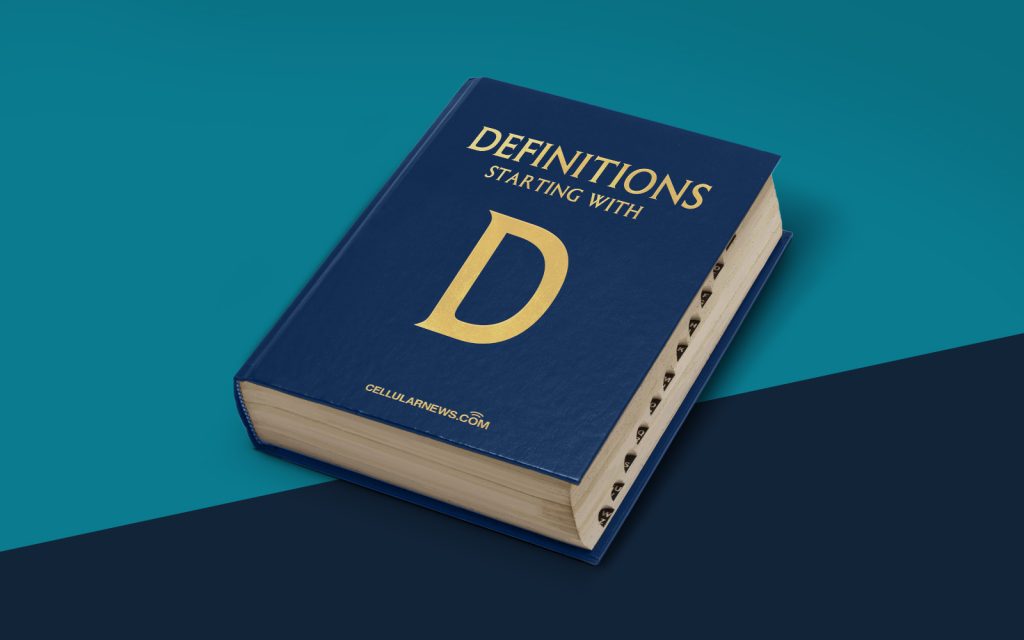
Understanding Data Governance Framework
Have you ever wondered what a data governance framework is and why it is essential for businesses? In today’s ever-evolving digital landscape, managing and protecting data has become paramount. This is where a data governance framework comes into play. In this blog post, we will explore what a data governance framework is, its benefits, and how it can help organizations maintain control and integrity of their data.
Key Takeaways:
- A data governance framework helps organizations establish rules, processes, and guidelines for managing data effectively.
- Implementing a data governance framework can lead to improved data quality, compliance, and decision-making within an organization.
Defining the Data Governance Framework
A data governance framework is a structured approach that helps organizations ensure the availability, usability, integrity, and security of their data assets. It is a set of guidelines, processes, and policies that define how data is managed within an organization. A well-defined data governance framework ensures that data is accurate, consistent, and trustworthy, making it easier for organizations to make informed decisions and meet regulatory requirements.
The Importance of Data Governance Framework
Effective data governance is crucial for organizations of all sizes, as it helps protect sensitive information, enhances data quality, and supports decision-making processes. Here are a few key benefits of implementing a data governance framework:
- Data Quality: A robust data governance framework ensures that data is accurate, consistent, and reliable. By establishing data quality standards and processes, organizations can reduce errors, duplicate records, and inconsistencies in their datasets.
- Compliance: With the increasing number of data privacy regulations such as the GDPR and CCPA, a data governance framework helps organizations meet compliance requirements. It ensures that data is stored, processed, and managed in accordance with relevant laws and regulations.
- Decision-Making: Reliable data is essential for making informed business decisions. A data governance framework provides stakeholders with access to accurate and up-to-date data, enabling them to make data-driven decisions confidently.
- Data Security: Protecting data from unauthorized access and breaches is a top priority for organizations. A data governance framework helps establish security protocols, access controls, and data protection measures to safeguard sensitive information.
Components of a Data Governance Framework:
A robust data governance framework comprises several interconnected components that work together to ensure effective data management. These components include:
- Data Governance Policies: Policies are the foundation of a data governance framework. They outline the objectives, responsibilities, and rules for managing data within an organization.
- Data Stewardship: Data stewards are individuals responsible for defining and enforcing data governance policies. They ensure data quality, resolve data-related issues, and promote data governance practices.
- Data Classification: Data classification involves categorizing data based on its sensitivity, criticality, and compliance requirements. This allows organizations to prioritize their data management efforts and allocate appropriate resources.
- Data Lifecycle Management: This component focuses on managing data throughout its lifecycle, from creation to archiving or deletion. It involves processes for data collection, storage, usage, retention, and disposal.
- Data Security and Privacy: Data governance frameworks include measures to protect data from unauthorized access, breaches, and ensure compliance with privacy regulations.
Conclusion
A data governance framework is a fundamental tool for organizations looking to establish control, consistency, and trust in their data management practices. By implementing a robust data governance framework, businesses can enhance data quality, comply with regulations, improve decision-making, and protect sensitive information. Remember, successful data governance requires a combination of well-defined policies, dedicated data stewards, and ongoing commitment from all stakeholders.
